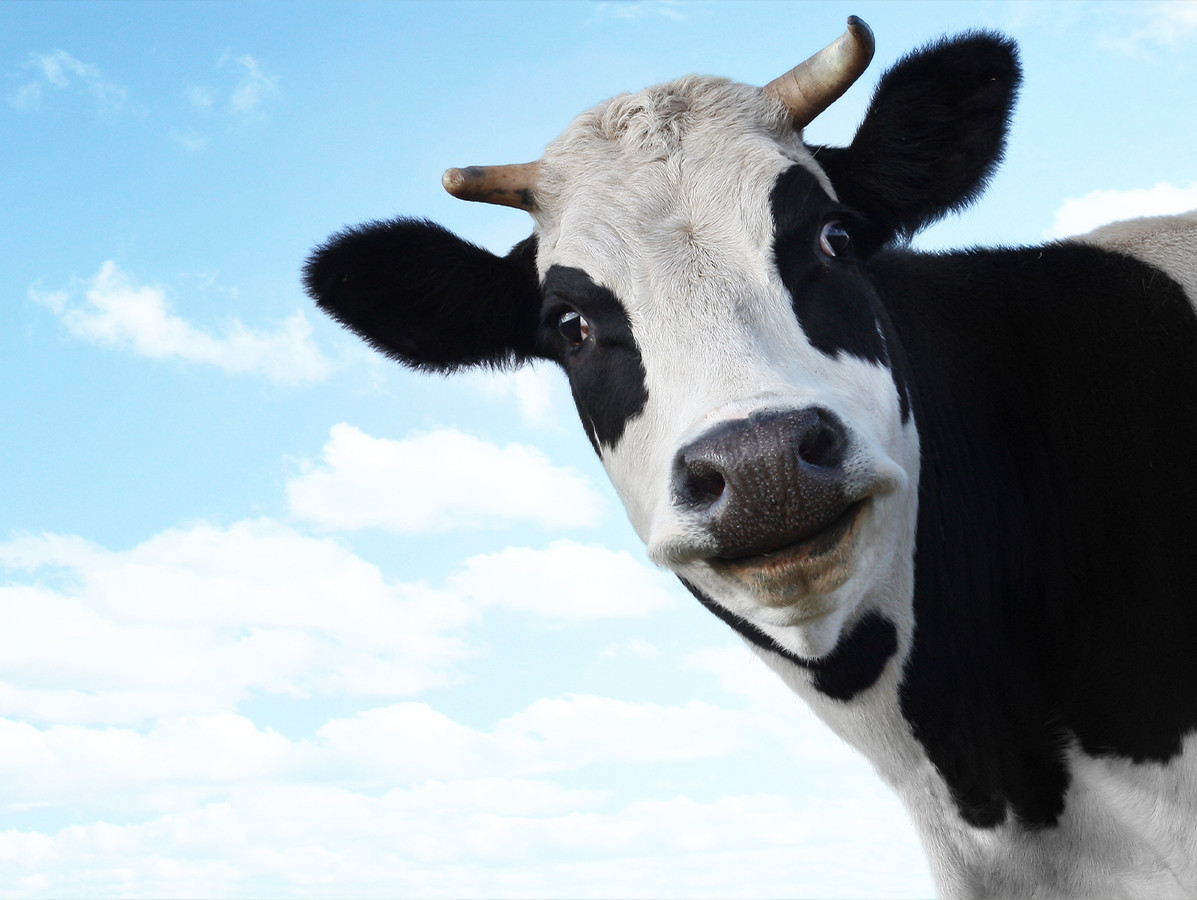
Wageningen University & Research (WUR) has developed a five-step approach that could help food producing companies create effective sustainability programmes together with supplying farmers. The approach is aimed at transparency between all parties regarding the efforts required to achieve sustainability goals.
Our current way of living and consuming is not sustainable. Everything needs to become more sustainable and food production and processing must play its part. This requires a chain approach from source to end consumer. Companies that want to make their food products more sustainable soon find themselves going to the beginning of the chain: the farmer. To achieve ambitious goals, good cooperation with the farmer is needed, instead of top-down enforcement.
It is crucial for food producers to see sustainability not as a separate business goal, but as part of their overall operations. Sustainability cannot be seen as a temporary project or goal and has implications for many other parts of a business’ operations.
The 5-step-approach was developed based on experience with the making of the sustainability programmes for the dairy chain in the past ten years. The researchers advise food producers to follow five steps on the road to sustainability:
1. prioritise
2. define goals
3. now what adjustments are effective at the regional and farm level
4. develop appropriate incentives for farmers
5. evaluate
“The 3rd and 4th steps in particular often receive too little attention in practice,” shares researcher Joan Reijs. “In step 3, the farmer’s possibilities for contribution to the sustainability goal on their farm must be examined regionally and per farm. You have to ask questions like: What are the options for farmers to make adjustments? What are the costs, benefits and possible side effects? What opportunities does the company itself offer and what opportunities are there in the immediate vicinity? How does this fit in with the farmer’s expertise? This knowledge is essential in order to achieve concrete and realistic goals”, says Reijs.
Once a plan has been drawn up, the researchers advise the food producers to devise various ways of encouraging the farmer to actually start meeting the targets (step 4). ‘Those incentives are needed to bring about change. What can processors do to specifically encourage farmers?’ These incentives may consist of economic stimuli, knowledge exchange, facilitating adaptions, and ultimately also setting clear rules that contribute to the realisation of sustainability objectives.
The researchers recommend (international) cooperation and the adoption of existing experiences and practices. It is important to avoid reinventing the wheel over and over again.
Read the publication ‘Building farm-level sustainability programmes in agribusiness’
www.wur.nl
Source: Wageningen University & Research